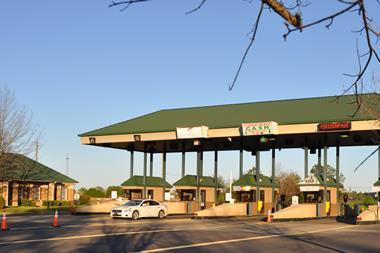UK local authority pension fund Teesside Pension Fund (TPF) has made a £40m (€47m) investment as a cornerstone investor in GB Bank, a new challenger bank created to provide UK property development loans.
GB Bank aims to drive economic growth and reinvest in local communities, by lending £3bn over five years in property development finance to regional property developers, SMEs and construction companies. It is targeting SMEs requiring £500,000 to £5m.
The emphasis will be on underserved regional communities, addressing the shortage of funding required to “level up”, and with an initial focus on the North East, Yorkshire and North West.
GB Bank, which received its UK banking licence this week, will also offer a range of fixed-term saving products.
The bank said the lending will support the creation of over 100,000 jobs, 20,000 new homes and “several million” sqft of office space.
GB Bank’s co-founder and CEO Stephen Lancaster is a corporate manager and leader of business change, with 30 years of experience in IT.
A spokesperson for the £5.1bn pension fund told IPE Real Assets: “We recognised GB Bank as an interesting investment opportunity and made an initial commitment almost two years ago after going through an extensive due diligence process. It was important to give the company certainty of investment as it worked through the complex process of becoming authorised as a bank.”
The investment was made out of its private equity allocation, which represents 7.3% of the pension fund’s overall portfolio, and was always anticipated to be a medium-to-long-term investment which should ultimately deliver significant positive returns, the spokesperson said.
“It is also part of the local investment portfolio. For a number of years, the fund has been looking to invest within the Teesside area, provided the investments have an appropriate risk/reward profile, and always recognising that the fund’s primary focus is its fiduciary duty to its beneficiaries.”
According to the spokesperson, TPF is not expecting any returns for several years when, over the course of time, the bank will be expected to pay dividends, and/or there may be an opportunity to sell part or all of TPF’s stake.
To read the latest edition of the latest IPE Real Assets magazine click here.















